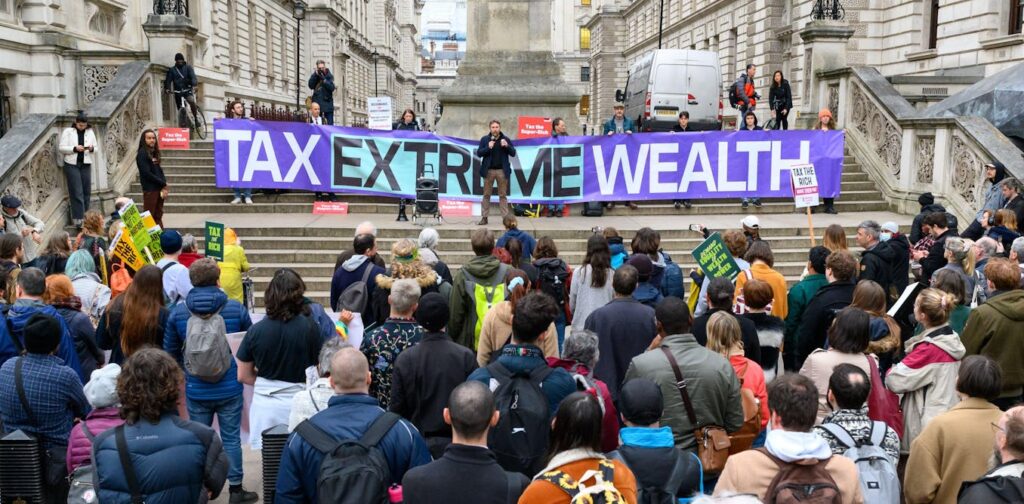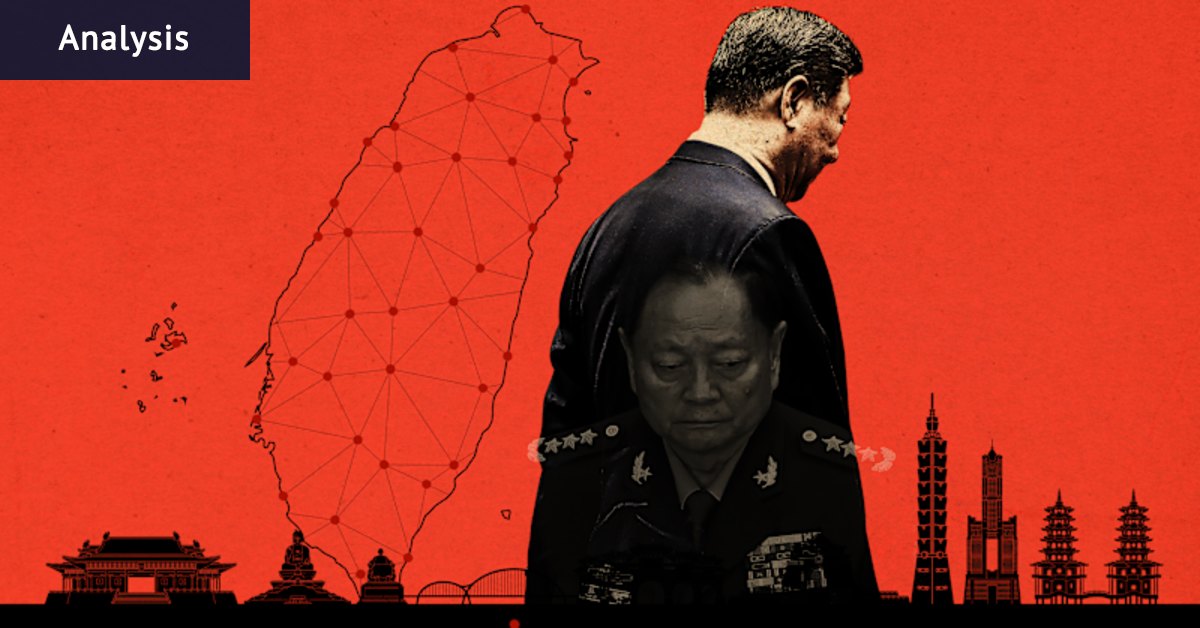
When the unexpurgated diaries of Conservative MP Sir Henry “Chips” Channon were published in 2021, they offered a candid glimpse into the aristocratic life of mid-20th century Britain. Channon, a social climber and right-wing snob, never recovered politically from his record as an appeaser of Nazi Germany. His diaries reveal a man deeply entrenched in the luxuries of landed wealth, from country houses and lavish parties to extravagant gifts and European holidays.
Yet, a counterpoint to his love of wealth emerges in his writings. As Britain prepared for war in the late 1930s, taxes rose significantly under a Conservative-led coalition government. Channon’s diaries reflect on the impact of these taxes, noting the drastic changes to his lifestyle. His estate, Kelvedon Hall, was repurposed as a military hospital during World War II, illustrating the broader societal shifts of the time.
Parallels with Modern Economic Challenges
Today, the UK faces economic challenges reminiscent of the 1930s. Authoritarian regimes are on the rise, and public spending is under immense pressure amid volatile economic conditions. Unlike the pre-war period, however, proposals to increase taxes on high incomes and wealth are met with significant resistance from parts of society and the media.
The Labour government’s 2024 adjustment of inheritance tax, aligning farm property with other assets, sparked street protests. Similarly, reforms to end tax exemptions for “non-domiciled” UK residents, initially announced by Conservative Chancellor Jeremy Hunt, led to claims that the super-rich would flee the UK.
The Wealth Timebomb
The UK’s wealth distribution has shifted dramatically over the last century. In Channon’s time, the top 1% owned 50% of the nation’s wealth. Today, this figure has dropped to around 20%, while the wealthiest 10% own just under 60%. Despite this broader distribution, wealth inequality remains a pressing issue.
“Half of UK families have no net wealth at all, with debts outweighing assets for 40% of households.”
The rise of private wealth has not translated into societal benefits. Influential economists argue that the concentration of wealth in private hands has inflated the wealth of the upper and middle classes, to the detriment of society as a whole. This trend exacerbates class, gender, and racial inequalities, potentially leading to societal rupture.
Historical Context and Cultural Politics
Historically, wealth redistribution through taxation was seen as reasonable. The Domesday Book, commissioned by William the Conqueror, recorded landed assets for taxation. In the 19th century, wealth derived from factories and businesses was viewed as a social product, with owners expected to take responsibility for their workers.
Philanthropists like Andrew Carnegie advocated for the public value of private wealth. This perspective influenced early 20th-century liberalism, which championed the taxation of high levels of private wealth. Today, however, the notion that wealth should be treated as a private good without social obligations is pervasive.
The Rise of Ordinary Wealth
By the early 21st century, wealth was no longer confined to the elite. Policies under Prime Minister Margaret Thatcher promoted mass ownership of wealth assets, such as homes. This shift was mirrored in many wealthy countries, with the “proprietarian middle class” becoming a key feature of contemporary capitalism.
However, the public-to-private wealth cycle has left public services underfunded, making private wealth essential for many as a buffer against economic shocks. This shift has altered the cultural politics of wealth, with private wealth seen as a product of personal endeavor rather than a collective resource.
Implications for Taxation Policy
As Chancellor Rachel Reeves considers potential tax increases, the debate extends beyond technical efficiency. Wealth taxation must address broader cultural and social questions about the responsibilities of wealth. Historically, wealth taxation has been a mainstream political stance, not a radical one.
“The 2020 Wealth Tax Commission calculated that setting a threshold at £500,000 per year would raise around £260 billion, if charged at 1% per year for five years.”
Taxing extreme wealth could restore the principle that private wealth entails social responsibilities. This approach would focus on those with significant wealth, avoiding alienation of those with modest holdings.
Conclusion: A Call for a Collective Vision
The UK must confront its wealth inequality to prevent societal rupture. Reviving the cultural politics of common wealth is crucial to ensure that private wealth serves a public purpose. As the nation debates taxation policies, it is vital to remember that wealth, even when amassed through personal effort, relies on the broader social infrastructure.
The Conversation and LSE’s International Inequalities Institute will host an online event on November 18 to discuss these issues. Experts from business, taxation, and government policy will explore the difficult choices facing Chancellor Reeves in her budget.







